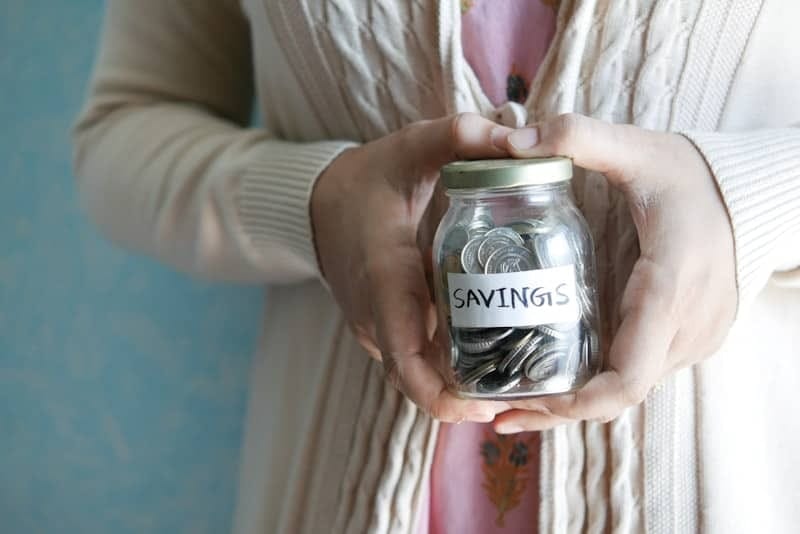
What we cover in this Issue #4
What is an Emergency Fund
Basic Expenses VS Bare Essentials?
How much if you're a new grad?
Planning a Future?
End Goal?
What I do?
How to get Started?
Lets start with the basics and define the purpose of an emergency fund. This is an amount of money that you set aside so that incase there is an unexpected live event that occurs in short notice, you’re able to cushion the blow financially without going into debt through credit cards or loans.
Basic Expenses vs Bare Essentials
One example is let’s say you get laid off (challenging but not impossible in Japan), you would need enough money set aside so that you can cover your costs until you get a new job. The general rule of thumb is three months of basic expenses.
To define basic expenses, this would be your groceries, utilities, rent etc but it is also up to you if that means your netflix subscription and gym membership. Notice it is basic expenses and not bare necessities because with 3 months, if you have enough saved the idea is that you would have an income generating job before the third month rolls over and you can maintain your lifestyle.
That being said, let’s say it is a considerable downturn in job availability and you feel like you’re fishing, then you could take your three months of basic expenses and stretch it to 4 or 5 months of bare necessities. In this case the amount that you’re hoping to save is up to your risk tolerance. Basically the more cash you have the less risk you’re exposed to but you don’t want to hoard all of the cash because then you’re missing out on wealth generating activities.
New Grad
Now, let’s say that you’re a new grad, just out of university and you’re looking to set yourself up with a healthy finanical situation. Most likely three months worth of rent, groceries and utitlies would be sufficient because if you were to face hardship you can whittle your lifestyle down to the more basic necessities.
Planning a Future
On the other hand, let’s say that you are dating someone and thinking about a future together, then on top of the savings for the wedding, you might want to (individually or together) save up for three months of regular montly expenses so that if one of you looses their job, your impact on your partner is limited but you can still enjoy a similar day to day lifestyle.
Once married, and let’s say that you have an idea that you’d like to maybe have kids, then you want to move up the scale a little bit so consider maybe 6 months of bare necessities. This is so that incase one of you loses their job, has a medical emergency etc, you can cut back in terms of lifestyle for 6 months until you find your footing and that would create a sense of reassurance in the relationship.
End Goal
The last run of the emergency fund ladder is 6 months of full expenses. While full expenses does not cover holidays and dining out, it would cover school costs in case you are in school, mortgage costs if you’ve bought a house, and I think you get the idea.
When I come across “emergency fund is 3-6 months of base expenses” the first question that always comes to mind is, so is it 3 or 6? What counts as base expenses?
By taking this sliding scale approach that adjusts to your risk tolerance as well as any responsibilities / dependants you have, you can continue to create a financial cushion under you as you continue to earn more, live the lifestyle that you aspire to and accumulate wealth.
What I do
Personally, I have 3 months of my family contributions set aside so that while I can cut back drastically on my personal “guilt free” spending and long term saving plans, I know that I am able to have limited impact on our family as I seek new employment.
You get to define how much you want to set aside for your emergency fund and also what level/lifestyle your emergency fund covers. The key point is
Sense of reassurance as you’re not living paycheck to paycheck
Incase something comes up you are able to cushion the blow for you and surrounding love ones.
How to get Started?
One point I’d like to add is how to save for an emergency fund? I know that when first getting my job out of uni, my spending rose to match my income and so I was not paycheck to paycheck but credit card bill to credit card bill, and it took almost a year to get out of that cycle before I could then set a foundation for myself.
The first thing you want to try do is to cut back on expenses so that you’re not going negative every month, and that will take time but that is okay. Once you’re atleast break even (assuming you were running not in the red but covering the previous month’s CC bill in full) then you want to try keep all expenses within the amount that you earn in the coming months while gradually increasing the amount you set aside.
I started with setting aside 1000 yen into a category called “emergency fund” and honestly, it felt like it was a waste. “What is 1000 going to do?” but that is okay, give it time to grow, adding another 1000 the next month or even try rachet to 1500 and keep going until you have an emergency fund that you’re comfortable with.
Once you have your emergency fund, the idea is then you would consider to invest the amount that you had been putting to the emergency fund so that you continue to cruise as the lifestyle that you’ve gotten used to while continuing to build wealth.
See you next week!

Do you track your spending?
What is the point?
Incase you missed it last week

Getting started with a rule of thumb